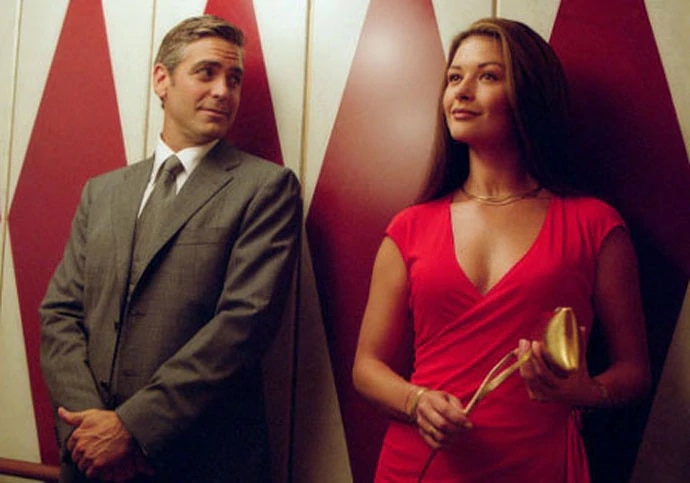
Top Communication Mistakes Women Make with Men That Push Them Away
Many women keep making small mistakes that kill good talks with men. One is putting him down. Calling him slow or clueless, even as a joke, cuts deep and keeps him from saying what he thinks. Another mistake is demanding instead of asking. Saying things like, “You better call me every night," just pushes him away. Nagging is a big one. Repeating the same thing over and over doesn’t work. He’ll just tune out. Even with gender differences, clear communication is always better. Don’t mix signals—say what you want straight up. If you drop those habits, he’s more likely to open up and have real talks. Knowing the line between sharing and blaming helps. Using relationship tips and learning about communicating in relationships can make a big difference.
- Putting him down
- Demanding instead of asking
- Nagging
- Not using clear communication
- Ignoring gender differences
Understanding Differences in How Men Communicate and Building Respect in Relationships
Brain wiring in men and women is different. That’s why the way people send and pick up messages changes. Men’s brains focus on clear stuff, straight details. Women read between words more, handle mix of ideas faster. Notably, men tend to use more abstract language than women, which can affect how they communicate and how their messages are perceived. If you stick to abstract language or beat around the bush, men zone out. Use direct words, not hints, for effective communication with men. Men’s perception gets stuck on facts and the main point. They don’t jump to feelings or hidden clues.
Tone and body language play a role too. A firm tone or strong body language might come off as bossy to women, but for men, it often means the message is solid. Influence tactics that rely on stories or emotions work less here. If you want respect in relationships, drop the games. Talk plain, stay on topic, use facts, not stories, watch your tone and body language. It keeps communication mistakes low and helps you communicate with men better.
It matters to get these core differences right before trying new tips. Recognizing how men see and use words, tone and body language stops communication mistakes. Build respect in relationships by shaping your influence tactics to match how things really work, not what you wish for. Changing how you talk is the base for influence tactics, not just the words you use.
Effective Methods to Communicate with Your Man Without Missing the Point
Most people mess things up by jumping around or getting emotional. To communicate with men, start by pointing out the problem right away. Don't talk around it, just say it. Keep your tone chill and keep your hands open, not crossed. That's what positive communication looks like. This builds respect in relationships without making things weird.
When you talk, avoid communication mistakes. Don’t compare him to other guys or throw shade. Stick to what happened and what you want. Address it by using straight-up words. Tell him what’s off and suggest how to fix it, but don’t nag. These steps cut the drama and get right to the point.
- Spot and name the problem.
- Share what’s bothering you with simple words.
- Let him try his way first, even if you think it won’t work out.
- Show respect in relationships by not putting him down.
- See effort? Thank him. Say something legit if he steps up.
Understand gender differences. It’s not about one side being wrong or right. Just know men and women don’t always deal with things the same. Stick with positive communication, every time.
Building Lasting Understanding and Trust in Relationships with Men Communication
Small changes make a big impact with effective communication with men. Practice talking straight, not just with words but with your tone and body language. Speak up, listen close. It’s not only about what you say—how you say it counts even more.
Next, pay attention to gender differences. Sometimes what works for one doesn’t work for the other. Stay clear on your needs and cut out mind games. This makes communicating in relationships smoother. Mix up your approach if things stall. It helps new habits stick.
Spot communication mistakes early and fix them before they turn into bigger problems. Don’t wait for fights; reward men with honest feedback. If you’re clear and fair, trust grows. Whether on a first meet or years deep, set boundaries, stick to talking, and respect differences. This keeps things real and simple. You won’t regret it.